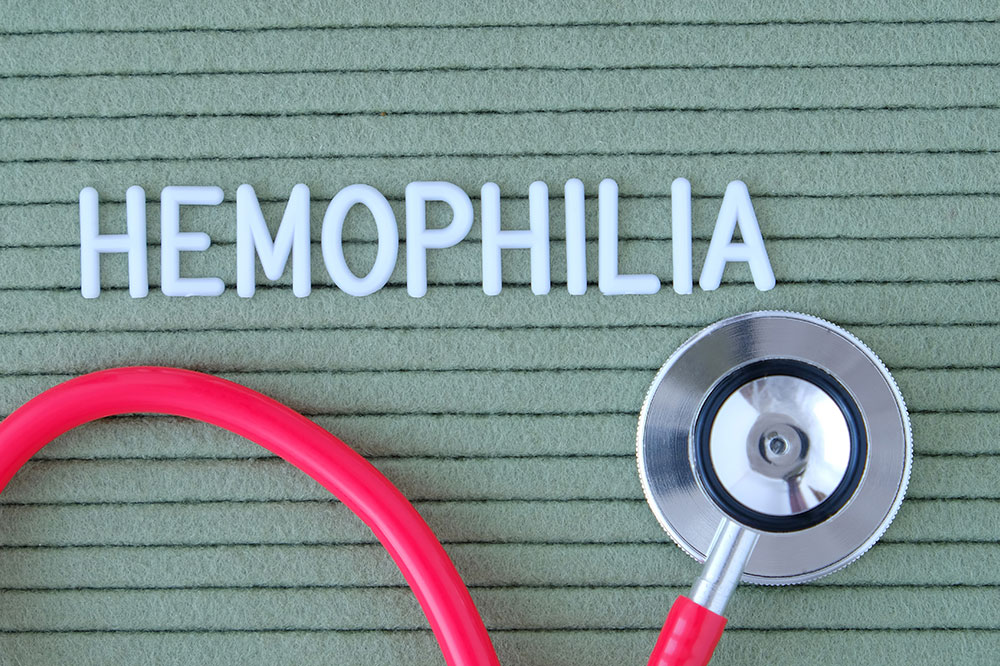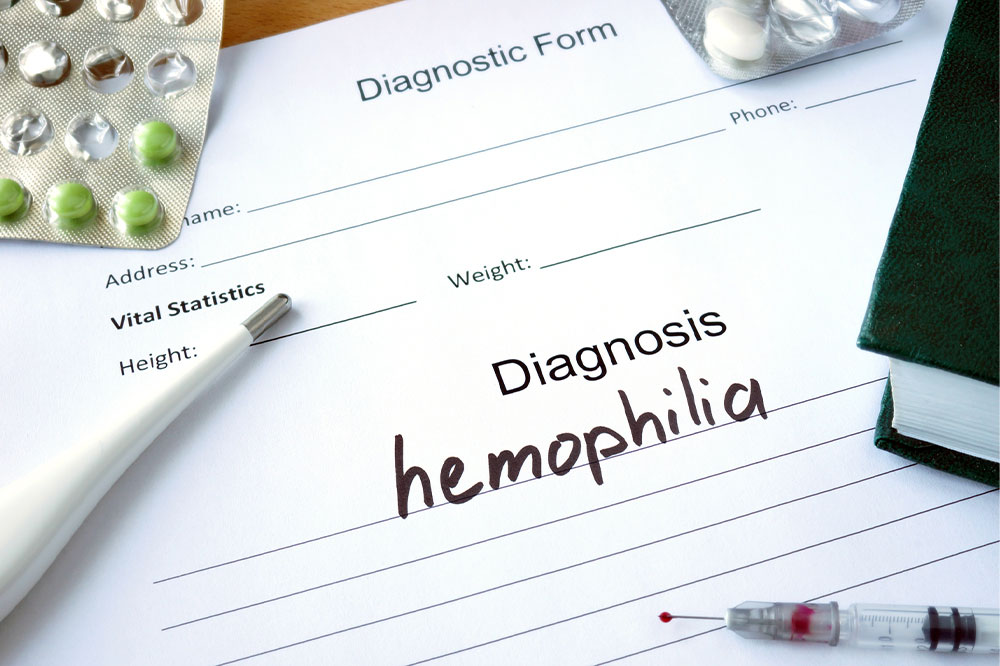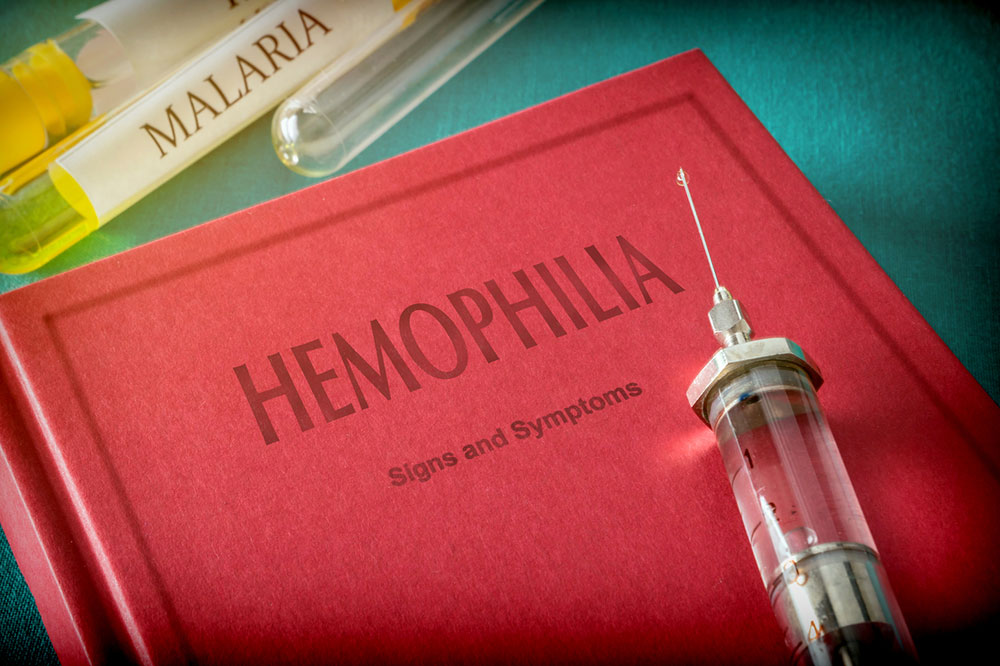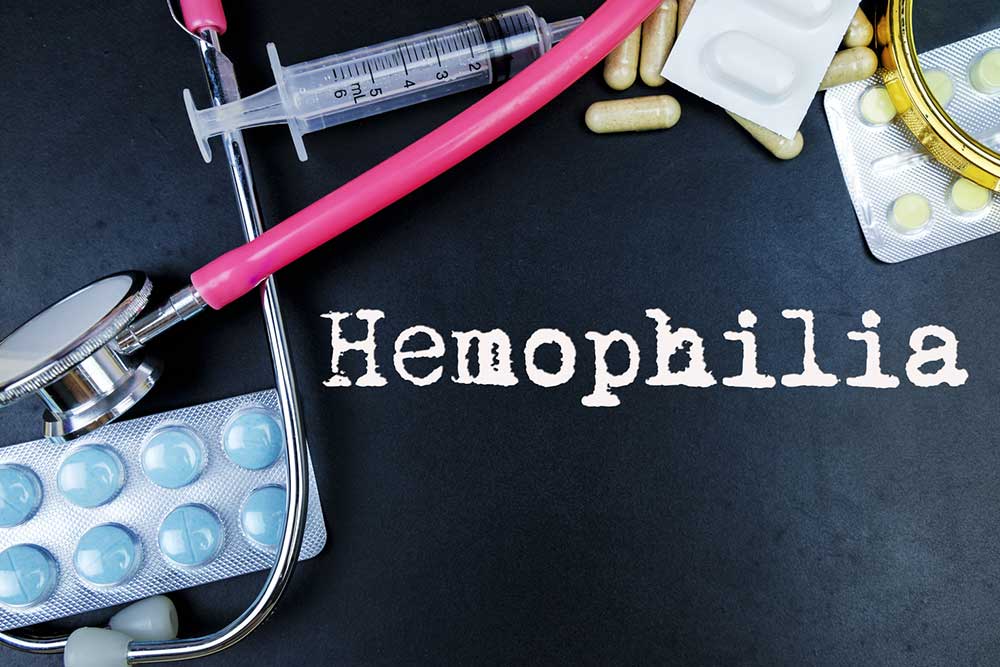Comprehensive Travel Safety Tips for Individuals Living with Hemophilia
Traveling with hemophilia requires meticulous planning and preparation. This comprehensive guide highlights essential steps, including consulting your doctor, securing appropriate insurance, packing medical supplies, researching local healthcare options, and building support networks. By following these strategies, individuals with hemophilia can travel safely, prevent emergencies, and enjoy their journeys with confidence. Ensuring your health and safety while abroad is achievable through proactive measures and proper awareness, making travel a positive and enriching experience for everyone affected by this rare bleeding disorder.
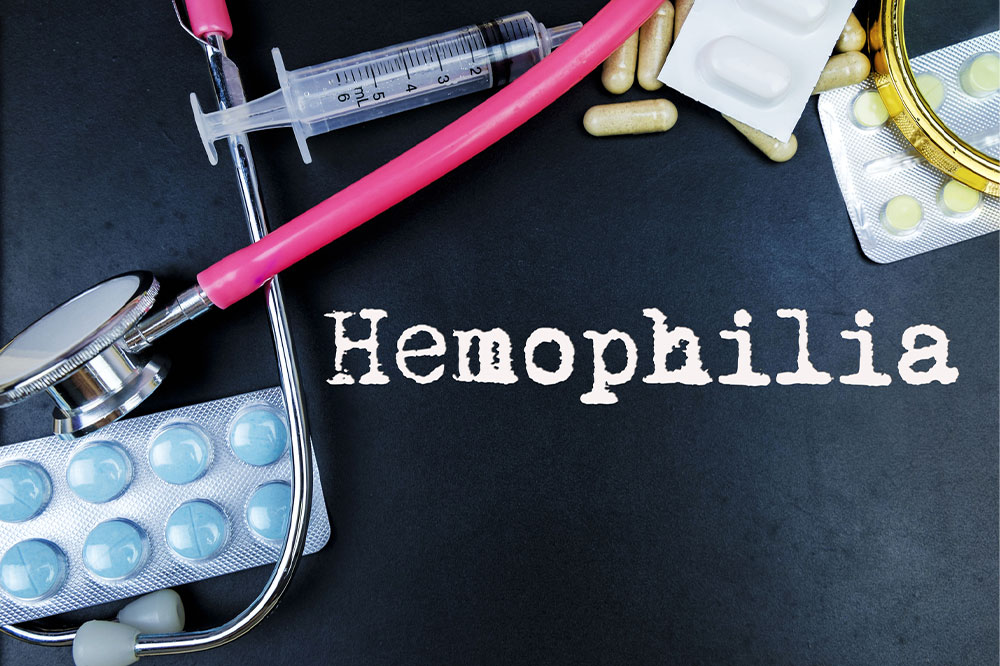
Essential Travel Strategies for People with Hemophilia
Hemophilia is a rare genetic bleeding disorder characterized by a deficiency in clotting factors, which impairs the blood’s ability to form stable clots. This condition can lead to prolonged bleeding episodes even after minor injuries, making travel planning more complex for individuals affected by it. Whether traveling domestically or internationally, people with hemophilia face unique challenges that require careful preparation to ensure safety and avoid medical emergencies.
Understanding the importance of proactive measures can significantly enhance your travel experience. From securing necessary medical documentation to arranging appropriate insurance coverage, each step plays a crucial role in managing your health during trips. Proper planning and awareness of available resources are essential to prevent complications and respond effectively if issues arise.
Start by consulting your healthcare team well before your departure. Your doctor can review your condition, provide specific travel advice, and help you develop an emergency action plan tailored to your needs. Request a detailed medical letter that outlines your diagnosis, current treatment plan, medications, infusion devices, and emergency contacts. Keep multiple copies of this document, including electronic versions, to ensure accessibility throughout your journey. When flying, such documentation often facilitates approval for carrying medical supplies and infusion equipment onboard, ensuring you’re prepared for any situation.
Invest in Comprehensive Travel Insurance Covering Hemophilia
Securing suitable travel insurance is vital. Look for policies explicitly covering bleeding disorders, medical treatments, and emergency evacuations related to hemophilia. Since managing bleeding episodes can become costly, especially abroad, a high-quality insurance policy provides peace of mind and financial protection. Many credit card providers, employers, or specialized insurers offer plans that include pre-existing condition coverage, so explore your options thoroughly before purchasing.
Pack Extra Medical Supplies and Maintain Treatment Schedules
Always carry an ample supply of necessary medical items such as clotting factor concentrates, syringes, tourniquets, antiseptic wipes, and bandages. Keep these essentials in your carry-on luggage to prevent loss or delays. It’s also important to adhere strictly to your infusion schedule during travel, which helps prevent spontaneous bleeding episodes. Recording your medication timings and infusion details assists your healthcare provider in adjusting treatment if needed after your trip.
Research Healthcare Facilities at Your Destination
Prior to departure, identify hospitals, clinics, and specialized hemophilia treatment centers near your accommodation. Contact these facilities to introduce yourself and inform them of your condition. Knowing the location of nearby resources ensures rapid response in emergency situations and helps you plan your medical needs effectively. Additionally, understanding local protocols and having a language barrier plan can ease interactions in case interpretation is required during medical consultations.
Establish Support Networks and Seek Assistance When Necessary
Building connections with local hemophilia or bleeding disorder communities can be incredibly helpful. Many organizations offer support groups, emergency contact lists, and guidance for travelers. Don’t hesitate to reach out to these groups for tips, or to seek assistance if you experience symptoms or complications while traveling. Leveraging social networks increases your confidence and provides valuable reassurance during your journey, making travel safer and more enjoyable.
Overall, traveling with hemophilia demands thorough preparation, from medical documentation and insurance coverage to understanding local healthcare resources. Staying proactive and well-informed minimizes risks and ensures you can enjoy your travels with confidence and peace of mind. Remember, proper planning and support are key to handling unexpected situations effectively while away from home, making your travel experience safe, manageable, and fulfilling.

